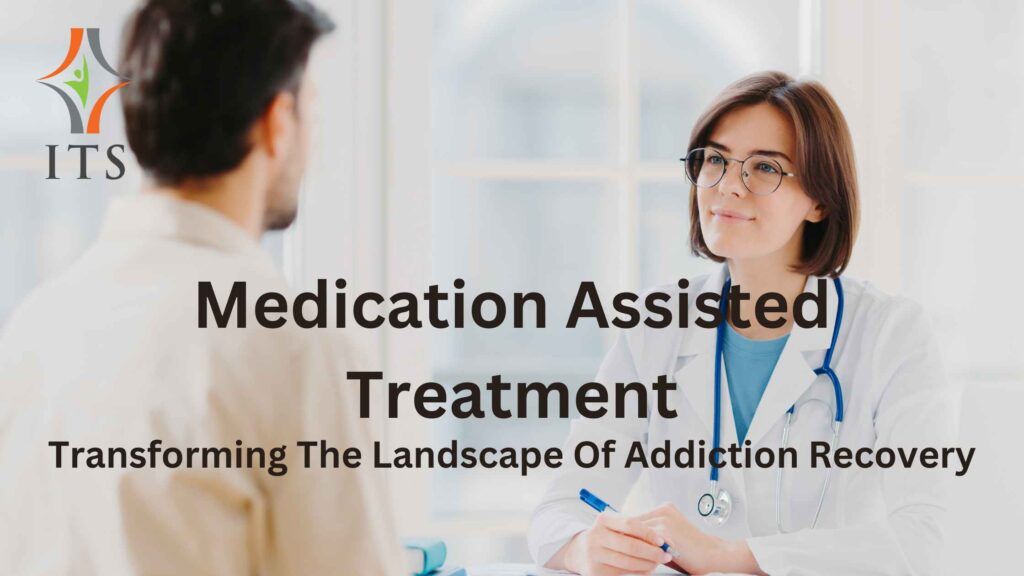In the realm of addiction recovery, medication assisted treatment (MAT) stands as a beacon of hope and innovation. This approach, integrating medications with counseling and behavioral therapies, is revolutionizing the way we address substance use disorders. By adopting a professional, informative, compassionate, and authoritative tone, this blog post aims to shed light on how medication assisted treatment is changing lives, underscoring our organization’s commitment to pioneering in the field of addiction treatment.

The Power of Medication Assisted Treatment
Medication assisted treatment represents a significant advancement in the battle against addiction. It offers an evidence-based approach that not only reduces withdrawal symptoms and cravings but also addresses the psychological aspects of substance use disorders. Let’s delve into the components that make MAT an effective solution for many.
Understanding Medication Assisted Treatment
Medication assisted treatment combines FDA-approved medications with counseling and behavioral therapies to treat substance use disorders. This comprehensive approach is tailored to meet the individual needs of those battling addiction, providing a holistic path towards recovery.
The Medications That Make a Difference
Several medications are at the forefront of MAT, each targeting specific types of substance use disorders:
- Methadone: Used primarily for opioid addiction, methadone reduces cravings and withdrawal symptoms without producing the high associated with opioid abuse.
- Suboxone/Buprenorphine: Also used for opioid addiction, buprenorphine suppresses and reduces cravings for opioids.
- Vivitrol/Naltrexone: Effective for both opioid and alcohol use disorders, naltrexone blocks the euphoric effects and feelings of intoxication.
- Campral/Acamprosate: Specifically designed for alcohol addiction, acamprosate helps stabilize chemical imbalances in the brain caused by alcohol use.
The Role of Counseling and Behavioral Therapies
While medications play a crucial role in MAT, counseling and behavioral therapies are equally vital. These interventions aim to modify behavior related to substance use, enhance coping strategies, and facilitate healing of relationships affected by addiction. Together, they form a comprehensive treatment plan that addresses the physical, psychological, and social facets of addiction.
Success Stories: How MAT is Changing Lives
The impact of medication assisted treatment on individuals and their families is profound. Here are a few success stories that highlight the transformative power of MAT:
- John’s Journey: Struggling with opioid addiction for years, John found new hope through MAT. Methadone, combined with cognitive-behavioral therapy, helped him rebuild his life, restoring relationships with his family and securing stable employment.
- Emma’s Experience: Emma battled alcohol dependency that threatened her health and career. Through MAT using naltrexone and motivational interviewing, she regained control over her life, celebrating two years of sobriety.
- Alex’s Achievement: After multiple relapses, Alex discovered MAT for opioid addiction. Buprenorphine, along with group therapy, provided the support needed to maintain long-term recovery, allowing Alex to pursue educational goals previously thought impossible.
The Future of Medication Assisted Treatment
As research continues and technology advances, the scope of medication assisted treatment is expanding. New medications and therapeutic approaches are under development, promising even more effective solutions for treating substance use disorders. Our organization remains at the forefront of these innovations, dedicated to offering the most advanced care options available.
Conclusion
Medication assisted treatment is not just changing lives; it’s saving them. By combining the latest in pharmacological treatment with personalized counseling and therapy, MAT offers a beacon of hope for those trapped in the cycle of addiction. If you or someone you love is struggling with a substance use disorder, consider exploring medication assisted treatment. Reach out to a healthcare provider or addiction specialist to learn more about how MAT can be part of a comprehensive recovery plan. Together, we can change the narrative of addiction, one life at a time.
